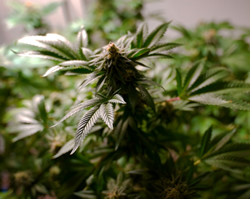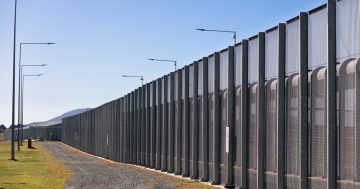 The Bureau of Crime Statistics and Research (BOCSAR) has uncovered large disparities in how Aboriginal and non-Aboriginal people are proceeded against by NSW Police for cannabis possession.
The Bureau of Crime Statistics and Research (BOCSAR) has uncovered large disparities in how Aboriginal and non-Aboriginal people are proceeded against by NSW Police for cannabis possession.
Releasing its report Why are Aboriginal adults less likely to receive cannabis cautions? , BOCSAR said it compared rates of cautioning under the NSW Cannabis Cautioning Scheme for 8,171 Aboriginal and 30,642 non-Aboriginal adults proceeded against by police for cannabis possession between January 2017 and February 2020.
“The study found that just 12 per cent of Aboriginal adults were issued a caution compared with 44 per cent of non-Aboriginal adults,” BOCSAR said.
“Eligibility for the Scheme was a major source of this disparity,” it said.
“Even amongst those who were eligible for diversion, the study found large disparities between Aboriginal and non-Aboriginal people in rates of cautioning (40 per cent for Aboriginal offenders vs 74 per cent for non-Aboriginal offenders).”
BOCSAR said this difference in cautioning rates of eligible people was largely attributable to police being less likely to caution those who had prior criminal offences or prison episodes (even where these priors were not expressly excluded under the Scheme).
Executive Director of BOCSAR, Jackie Fitzgerald said research had demonstrated that diversion from the criminal justice system for minor offences could have significant benefits for individuals.
“Yet, each year in NSW, more than 2,000 Aboriginal adults caught with small amounts of cannabis are proceeded against to court,” Ms Fitzgerald said.
“The NSW Cannabis Cautioning Scheme is one option available to police to keep people out of the system but it remains largely inaccessible to most Aboriginal people due to its strict eligibility criteria and wide scope for police discretion.”
BOCSAR’s 25-page report can be accessed at this PS News link.










